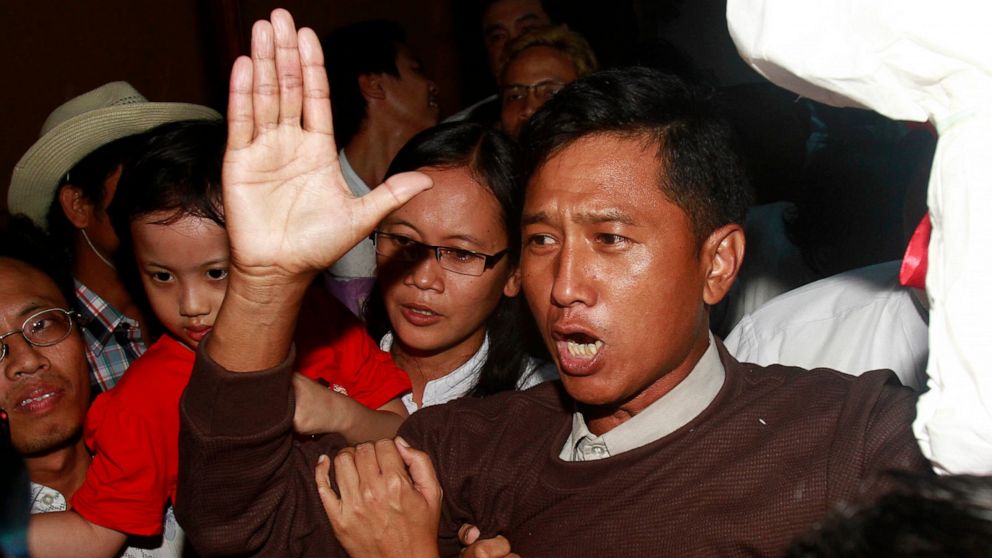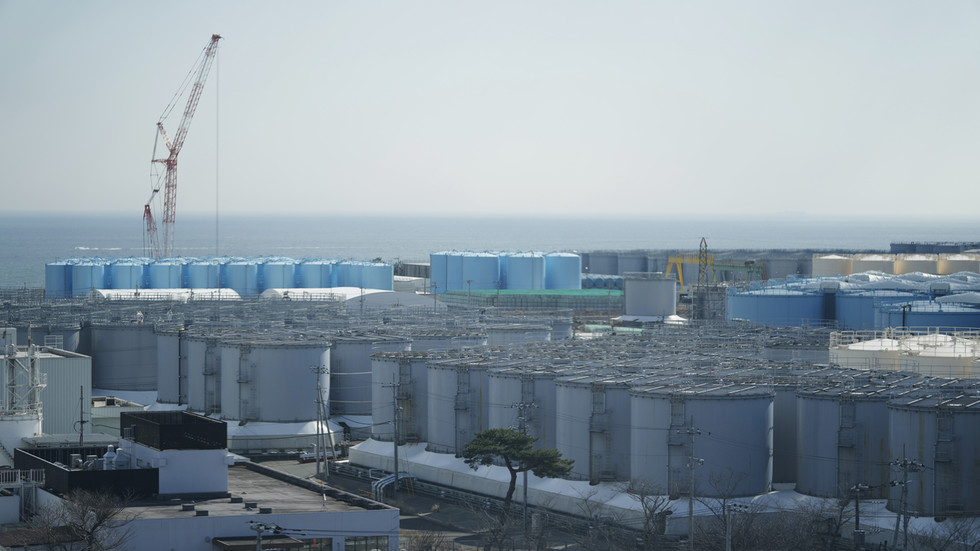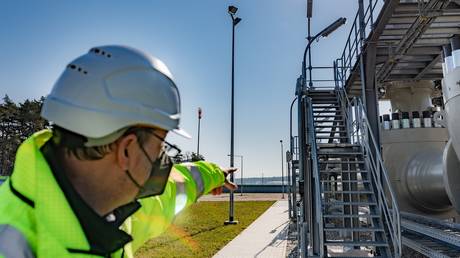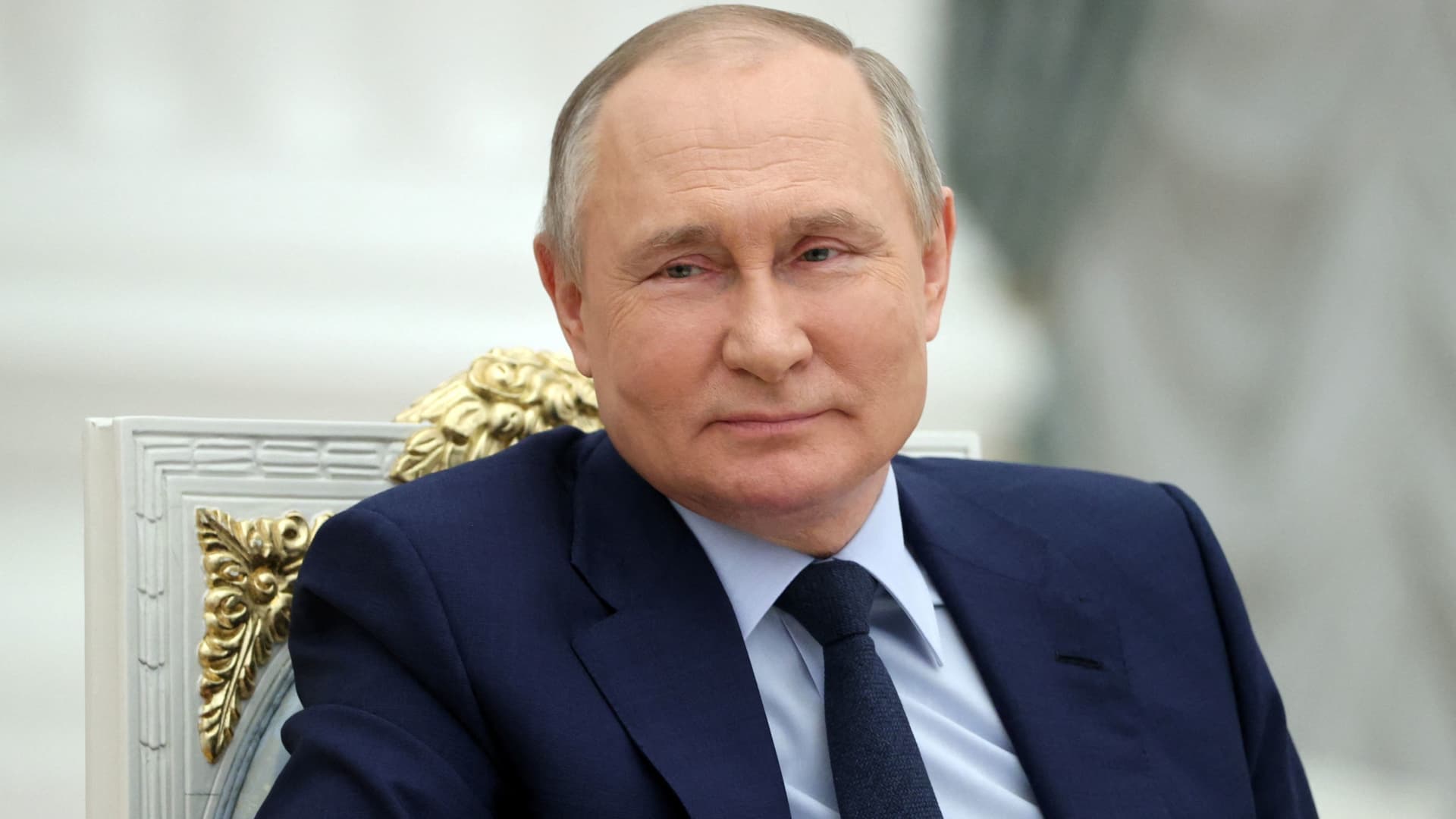[ad_1]
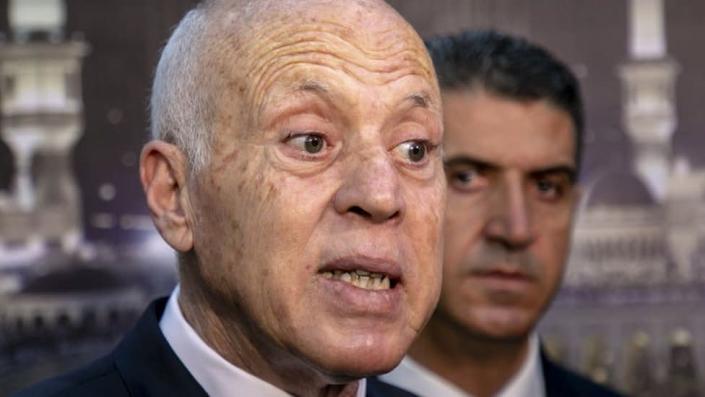
As Tunisia’s president asks voters to approve on Monday a brand new structure that provides him better powers, North Africa analyst Magdi Abdelhadi seems to be on the man seen by his supporters as a saviour and by his opponents as a usurper of energy.
President Kais Saied Saied clearly feels that he’s a person of future. Though his authoritarian streak is neither distinctive nor new to Tunisia or the area, his educational credentials and rhetorical model separate him by a protracted distance from all different Arab autocrats.
Delivering his speeches in impeccable classical Arabic, usually adlibbed, at a thought of tempo, the previous legislation professor conveys a way of a person who weighs his phrases rigorously, with clear focus and imaginative and prescient and ironclad willpower.
Regardless of mounting criticism each at house and overseas since he assumed complete energy in Tunisia a 12 months in the past, he has continued undeterred to his, and his alone, desired vacation spot. This may occasionally very effectively be a part of his enchantment to many Tunisians.
Tunisia was the birthplace of the Arab Spring, which noticed the overthrow of long-serving ruler Zine al-Abidine Ben Ali in 2011.
However after greater than a decade of political instability, which noticed 10 governments come and go and countless squabbles in parliament, at instances degenerating into violence, many Tunisians have merely grown sick of this “democracy”, which introduced no tangible enchancment to their high quality of life.
Quite the opposite, the economic system was in free fall, with all financial indicators pointing within the fallacious route: inflation and unemployment up, overseas debt up, and the worth of the Tunisian dinar has plunged.
And issues received a lot worse because the Covid pandemic struck, and much more so after the Russian invasion of Ukraine and the influence it had on meals and power costs.

Mr Saied will not be towards the Tunisian revolution, at the least that’s what he says in public. Moderately, he sees himself as the person of the individuals, who “corrects” the trail of the revolution.
However the phrase “correction” – tassheeh in Arabic – has a infamous historical past in Arab politics. It has usually been deployed to justify power-grabs.
Characteristically, the chief of “the correction” is motivated by selflessness and a profound sense of the load of historical past upon his shoulders. He desires to set historical past proper.
Mr Saied’s structure enshrines that narrative.
Talking within the identify of the Tunisian individuals, who haven’t been consulted in any important method in its drafting, the draft structure says: “Out of a way of profound historic accountability to appropriate the trail of the [2011] revolution and the trail of historical past itself, that’s what occurred on July 25 2021.”
That’s the day President Saied sacked the federal government, suspended the parliament and launched into his single-handed mission to revamp the nation’s political future.
Critics say he is taking Tunisia again to the place it was earlier than the 2011 Arab spring – outright autocracy.
We are going to quickly discover out whether or not the Tunisians will endorse that narrative and again Mr Saied’s authoritarianism.
Actually, Tunisians aren’t alone in expressing disappointment with democracy. Disillusionment with the power of a democratic system of presidency to sort out financial hardships is a part of a wider pattern of perceptions in North Africa and the Center East.
In response to a latest survey, 81% of Tunisians desire a robust chief, and 77% are extra eager about efficient authorities than the shape it takes.

There’s a broad consensus amongst most observers that the brand new structure reverses most of the democratic beneficial properties of the 2014 structure that has been de facto annulled by Mr Saied. He has dominated by decrees since July final 12 months.
As has been broadly anticipated, Mr Saied’s structure is designed to offer better powers to the president and much much less of it to the elected parliament.
It is a reversal of the steadiness of energy between the 2 establishments because it was established within the 2014 structure.
Crucially, it units no curbs on presidential powers. There isn’t a method of impeaching him in parliament or by every other establishment.
Additional, it’s the president who selects the prime minister and the ministers, and he can dismiss them. He may dissolve parliament because it seeks to withdraw confidence from the federal government.
The brand new structure additionally undermines the independence of the judiciary – a cornerstone of a democratic system.

In brief, it takes Tunisia again to the presidential system it had since independence with an emasculated parliament that has restricted oversight powers.
However the draft does introduce some actual innovation – not only for Tunisia, however for your complete area.
It removes the clause, present in most constitutions within the Arab world, that stipulates that Islam is the faith of the state and places the connection between faith and the state on a brand new trajectory.
As a substitute, the doc says that “Tunisia is a part of the Islamic nation, and solely the state has to work to realize the targets of Islam”. These are outlined as defending the person’s life, integrity, wealth, faith and freedom – no reference right here to Sharia (Islamic legislation), which has been the principle rallying cry of Islamism in every single place.
And Islam is outlined not within the slender phrases of Sharia’s authorized code, however in such broad phrases that make it doubtlessly appropriate with democratic values, which Muslim reformers have lengthy referred to as for.
This might successfully criminalise using faith by any political group, and thus undercut the highly effective Islamist motion, Ennahda. However it is extremely prone to enchantment to secularists.
A number of the strongest criticism of Mr Saied and his structure have targeted on the drafting course of itself, which was neither clear nor inclusive.
It was put collectively by a bunch handpicked teachers. The general public on-line session that was introduced earlier this 12 months has failed to draw massive variety of Tunisians – solely 500,000, some 5% or so of the citizens.
Crucially, neither the structure nor the president have specified the standards for contemplating the doc has secured huge public assist.
No threshold for approving the doc, nor a minimal turnout have been stipulated.

A number of events – together with the most important block within the dissolved parliament, Ennahda – have referred to as for a boycott.
However opposition to Mr Saied has by no means managed to mount an efficient marketing campaign to rally the general public towards the president or drive him to alter course.
All eyes can be on the turnout. A giant end up with a sure vote may cement Mr Saied’s energy. A low turnout or a no vote may plunge him and Tunisia in a deeper constitutional disaster.
Though he has been democratically elected with some 70% of the vote in 2019, failure to safe resounding well-liked assist may additional undermine his legitimacy and can probably embolden his enemies to problem him.
You might also be eager about:
[ad_2]
Source link


